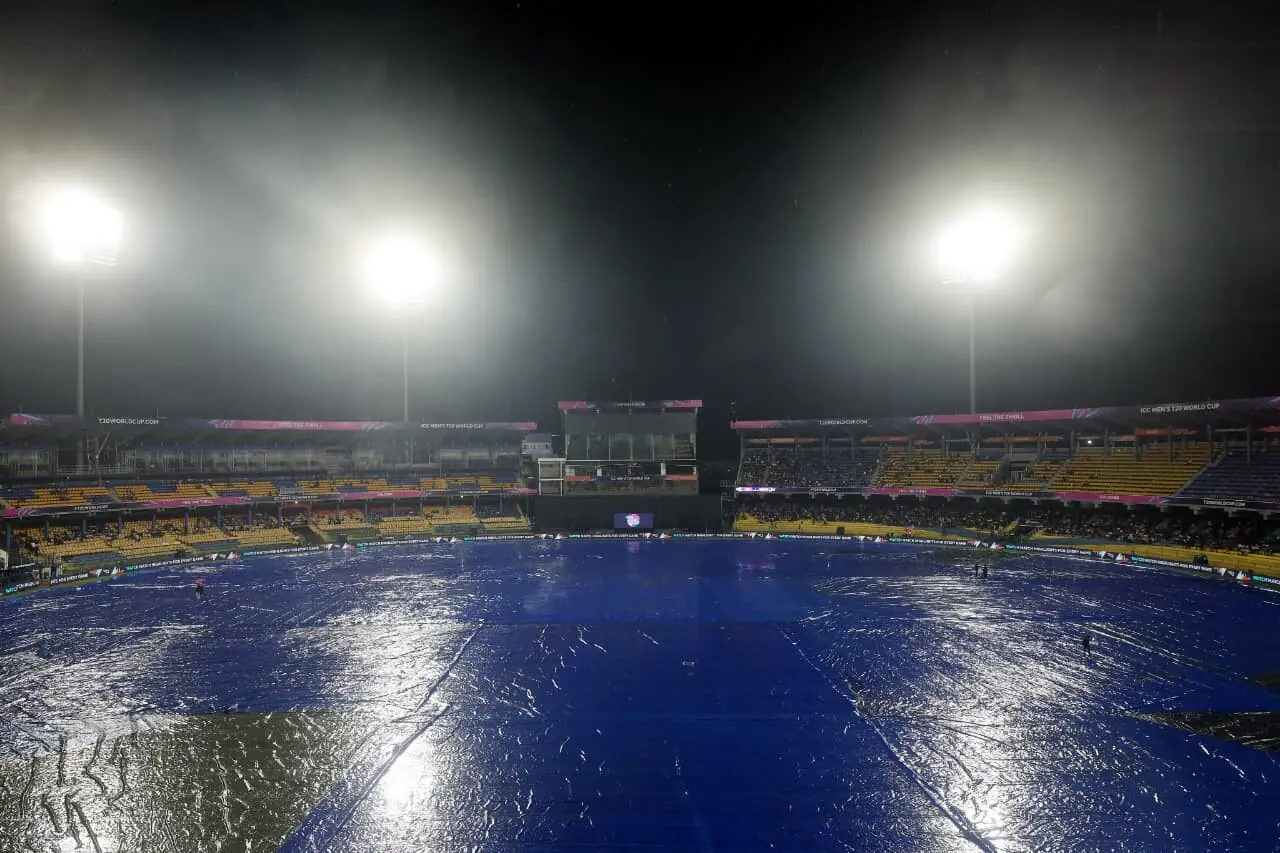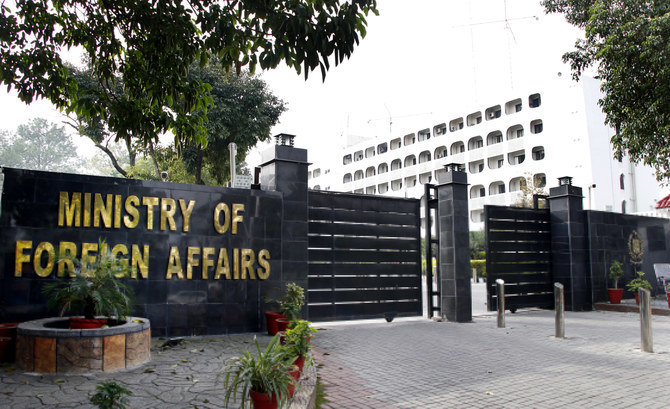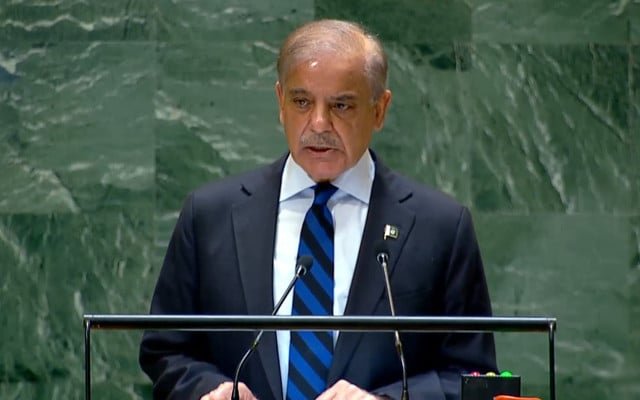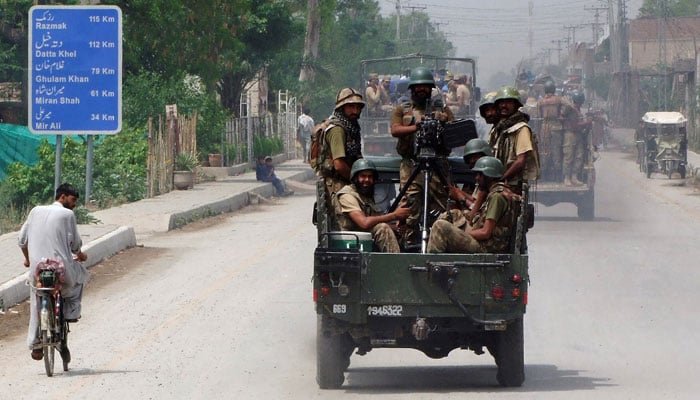With tensions surging between nuclear-armed rivals India and Pakistan, Russia and Iran have stepped in to urge both countries to show restraint and avoid further escalation.
The latest flare-up follows a deadly attack on April 22 in Pahalgam, located in Indian Illegally Occupied Jammu and Kashmir (IIOJK), where 26 people were killed. India quickly pointed the finger at Pakistan for the assault, an accusation Islamabad has strongly rejected as baseless. The blame game has sparked a wave of threats and heightened diplomatic tensions between the two neighbours.
Pakistan claims it has “credible intelligence” suggesting that India is planning military action, raising fears of a potential conflict.
Speaking to reporters on Monday, Kremlin spokesman Dmitry Peskov said Russia is closely monitoring the situation with concern. “We hope both sides will take steps to reduce tensions,” he said. Russian President Vladimir Putin also reassured Indian Prime Minister Narendra Modi during a phone call that the strong partnership between Moscow and Delhi remains unaffected by external factors and continues to thrive.
Russia, emphasizing its balanced ties with both nations, has offered to mediate. “India is our strategic partner, and Pakistan is also a valued partner. We appreciate our relationship with both,” Peskov added.
Meanwhile, Iran also weighed in on the rising hostilities. During a one-day visit to Islamabad, Iranian Foreign Minister Abbas Araqchi called for de-escalation. “We urge all parties to exercise restraint and avoid actions that could worsen the situation,” Araqchi said upon arrival.
Iran’s ambassador to Pakistan confirmed that the issue was high on the agenda, noting Iran’s close ties with both India and Pakistan. Araqchi is set to visit Delhi later this week for further discussions, though it’s unclear if these visits were scheduled before the recent spike in tensions.
Pakistan’s foreign office highlighted that Araqchi’s visit would also cover broader regional and global issues. India’s foreign ministry has yet to comment but has consistently rejected third-party mediation on matters related to Kashmir.
Pakistan, seeking diplomatic support, has reached out to several countries and requested a United Nations Security Council briefing on what it describes as India’s “aggressive actions” that threaten regional peace. Most recently, Pakistan’s Foreign Minister Ishaq Dar spoke with Russian Foreign Minister Sergey Lavrov, who emphasized the need for diplomatic solutions and urged both countries to avoid escalating the conflict.
















